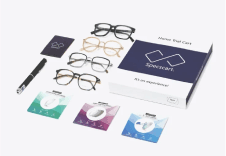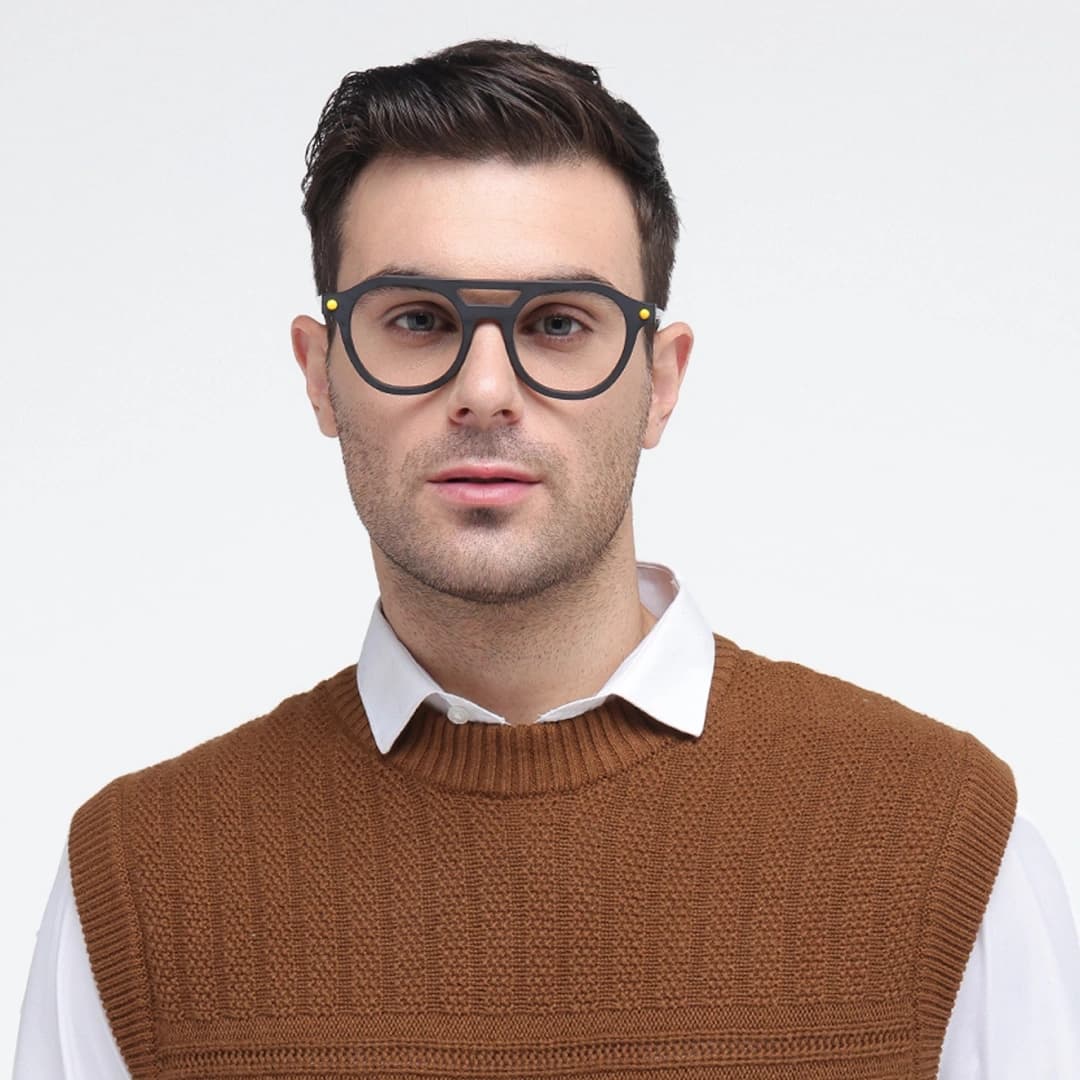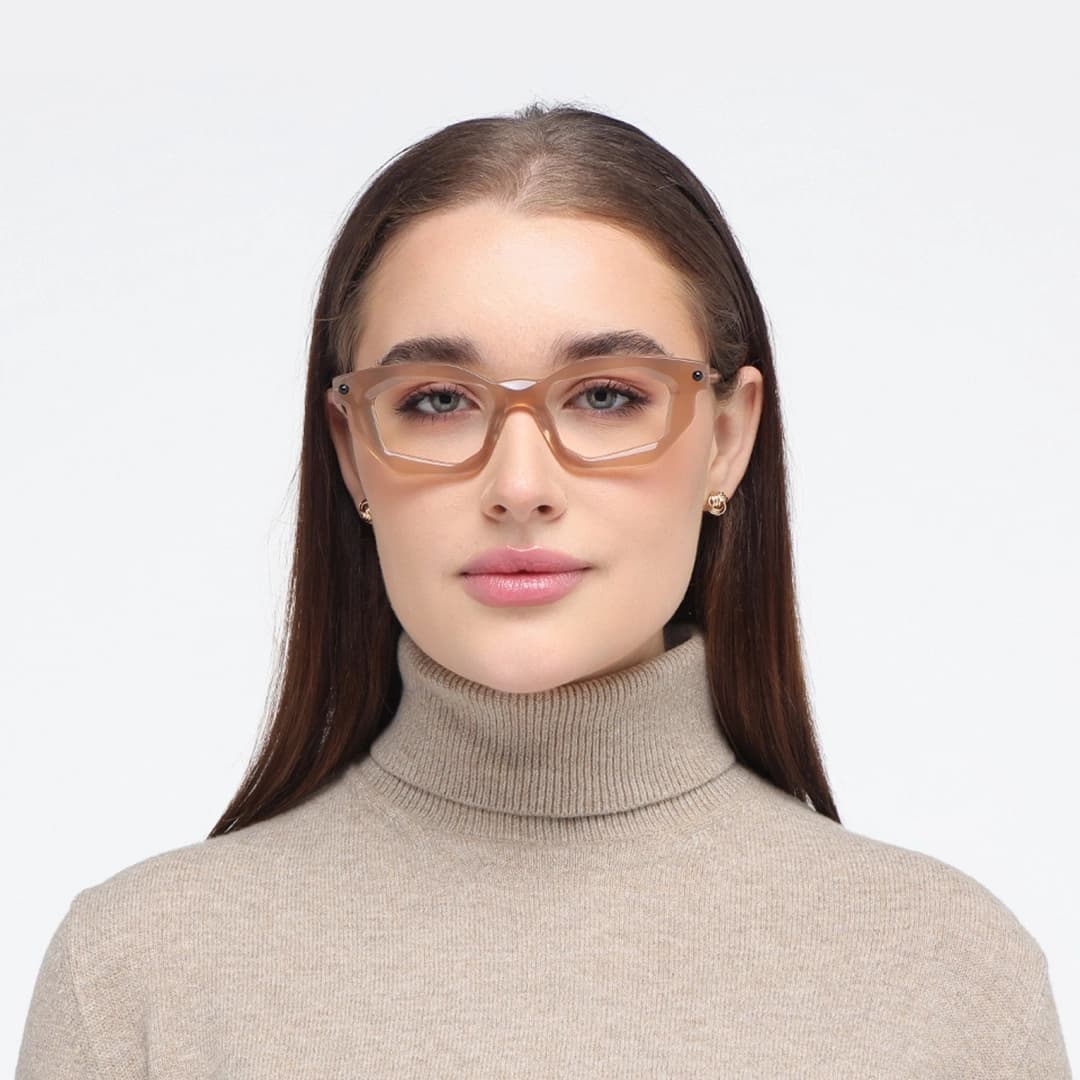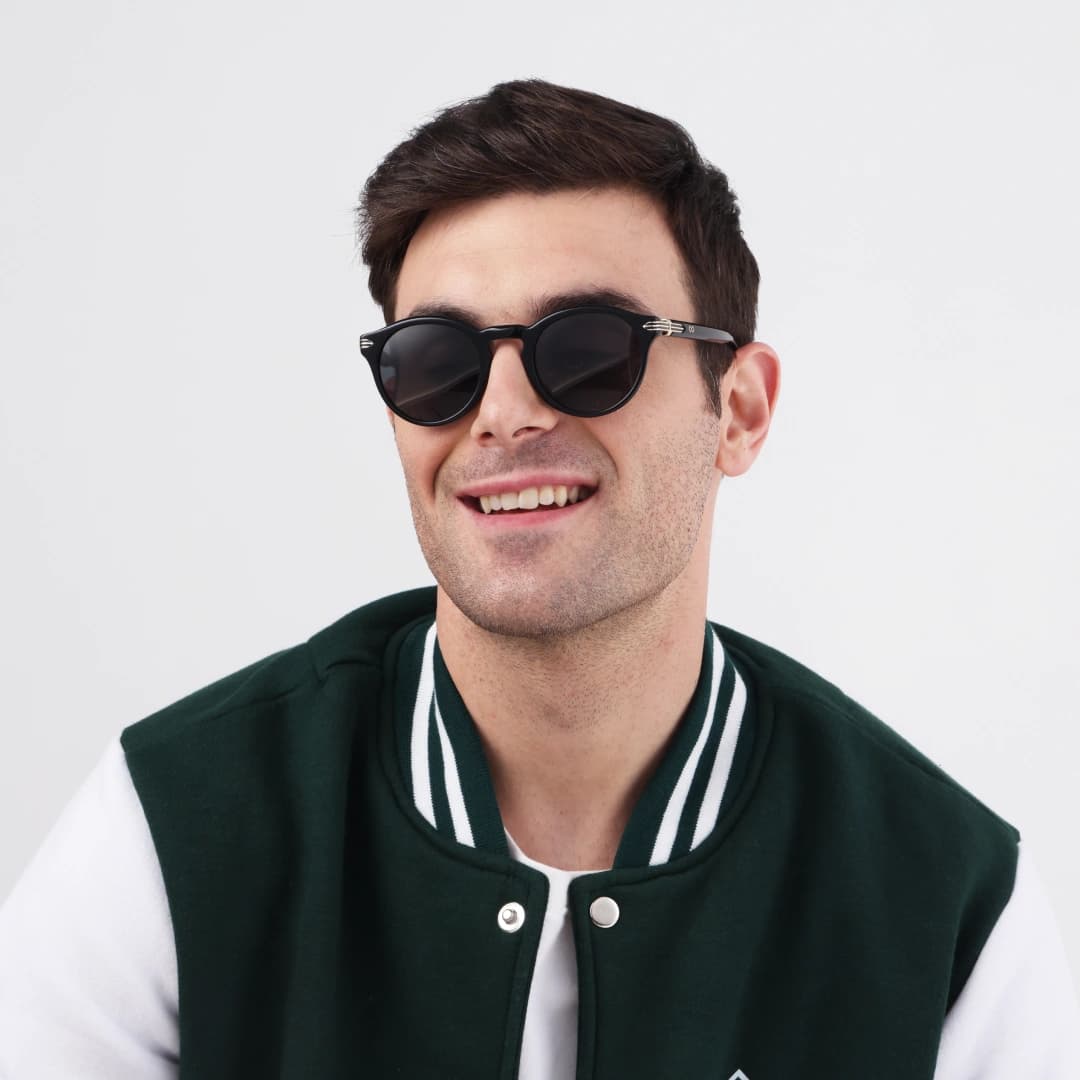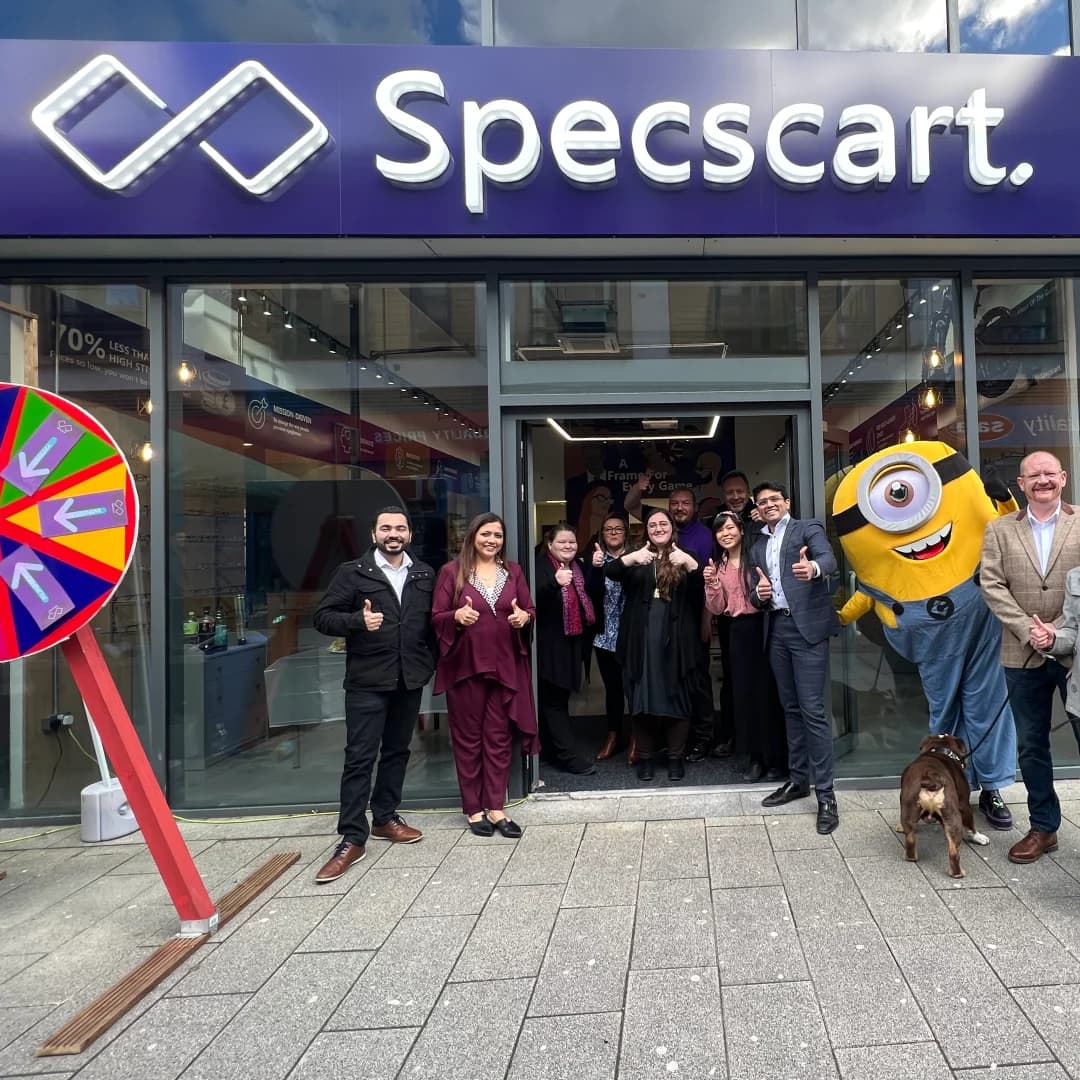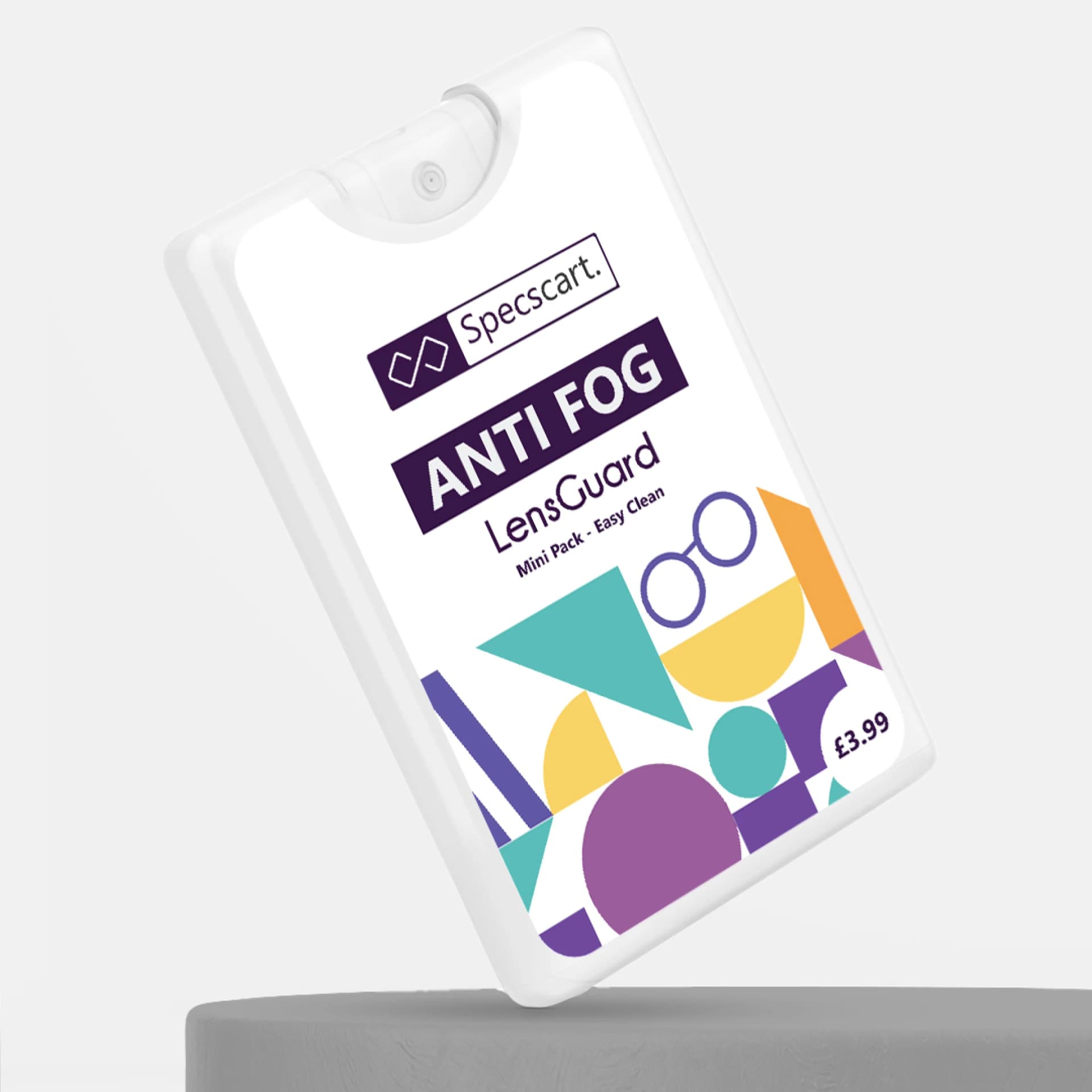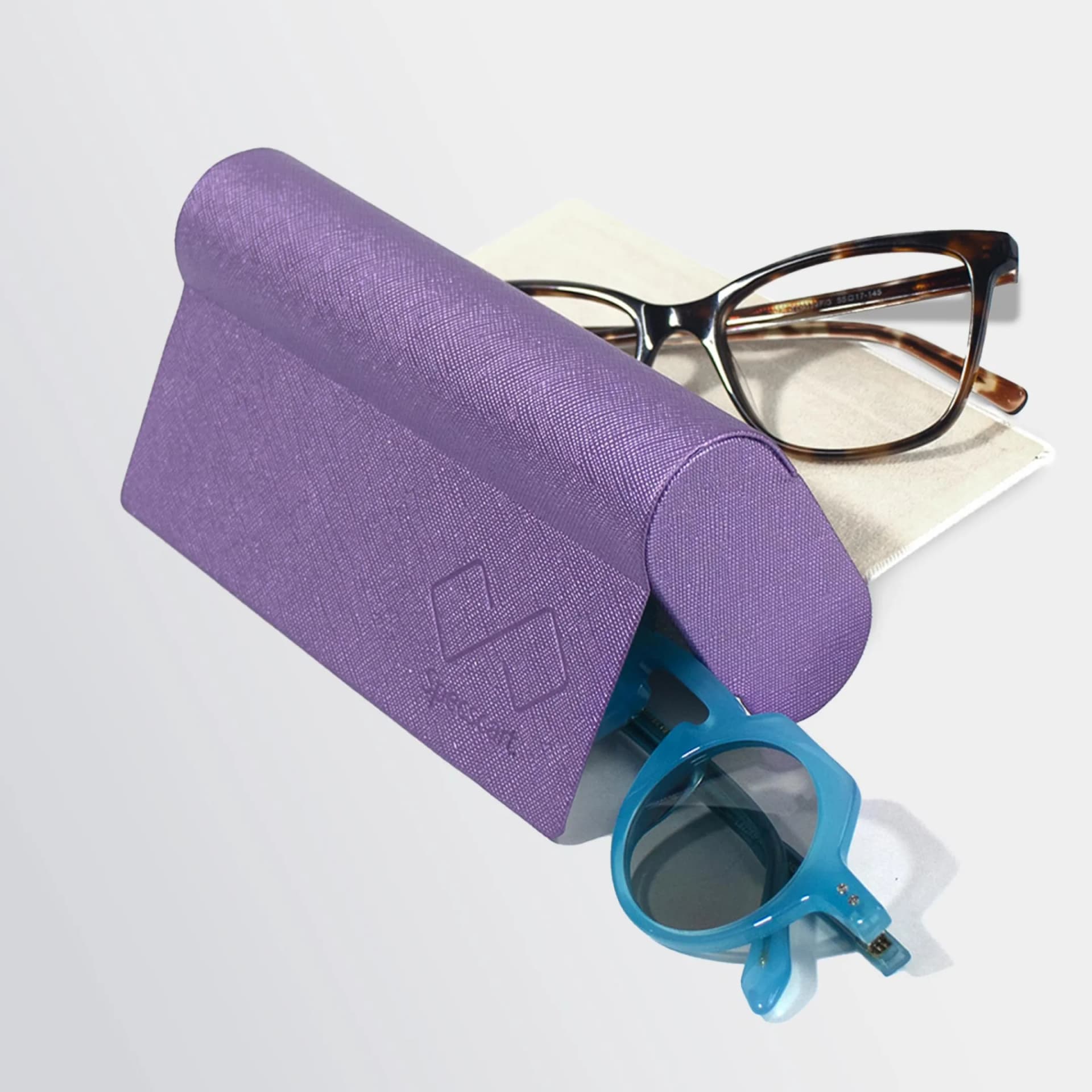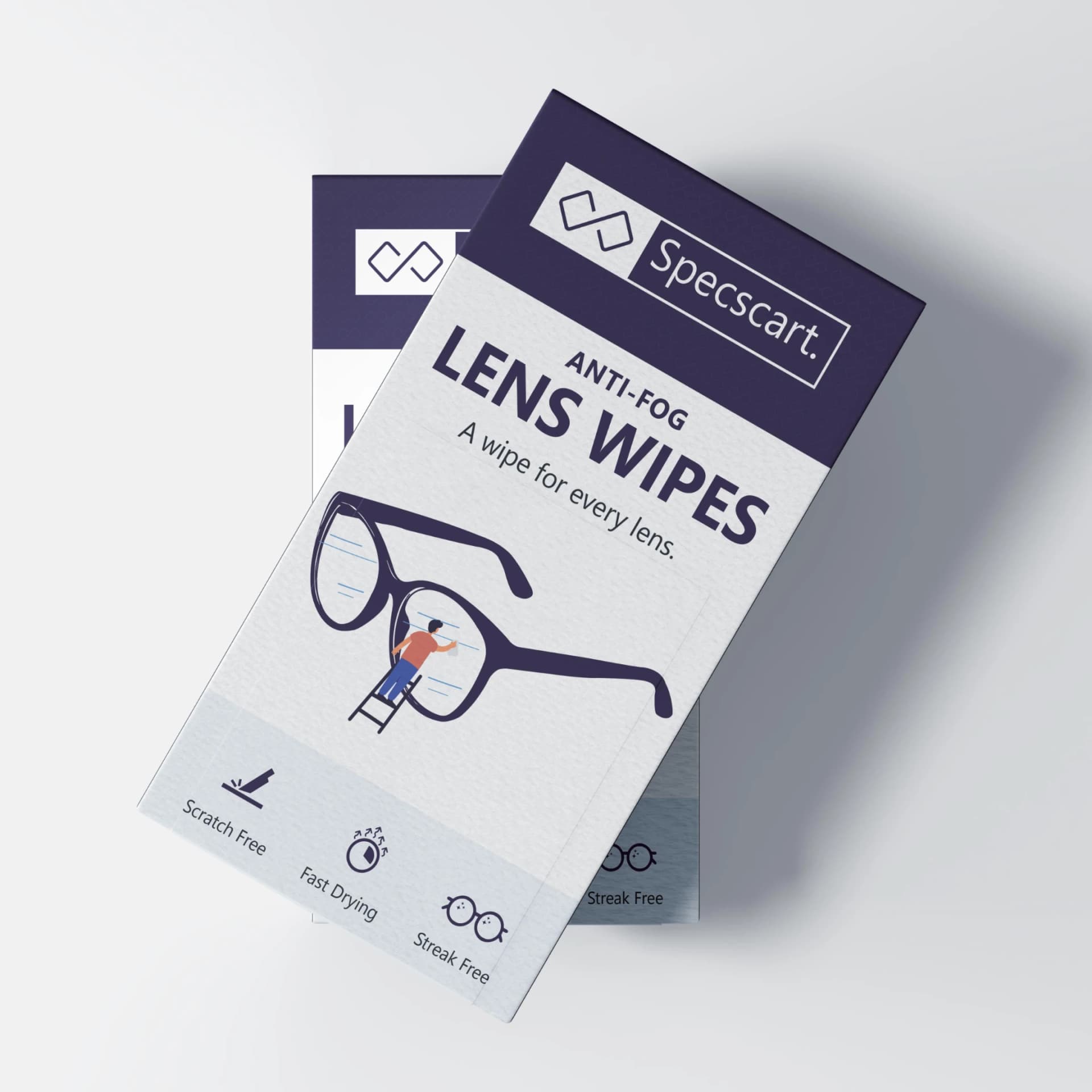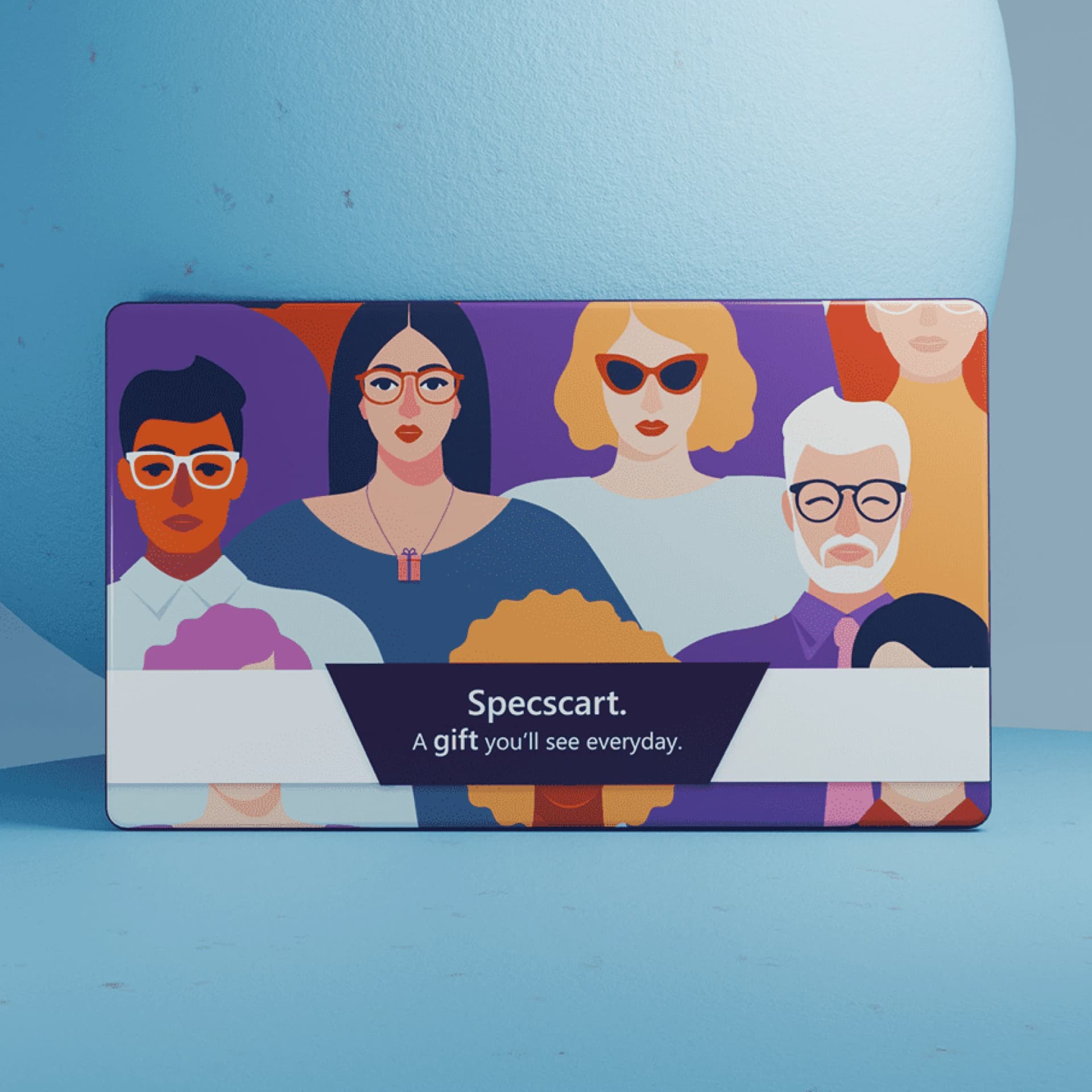It’s not just prescription glasses that tell you that you need them, blue light glasses also have a way of letting you know.
With the surge of more and more digital devices in our daily life, we’ve all felt some of the other visual changes in our eyes.
Be it growing eye-strain or blurry vision, prolonged use of digital devices have impacted our eye condition negatively.
Why do you need blue light glasses?
“For starters, all digital screens emit blue light. These rays have higher energy than any other visible light and shorter wavelengths (380 nm-500 nm).”
If not from the screen, blue light is generally beneficial for our health in different ways. It promotes good health by boosting alertness and improving memory and cognitive function.
If not from the screen, blue light is generally beneficial for our health in different ways. It promotes good health by boosting alertness and improving memory and cognitive function.
Blue light rays have many sources, the biggest one being the sun. The other sources are LED lights and digital devices like the computer, laptop, smartphone, tablets and others.
Blue light emitted from the screens often results in digital eye strain and a possible risk of damaging the light-sensitive cells in the retina.
If blue light continues to penetrate our eyes, it may lead to some risks for our vision. Thus, we must take some steps to stop its active absorption in the eyes as soon as possible.
How would you know if you need blue light glasses?
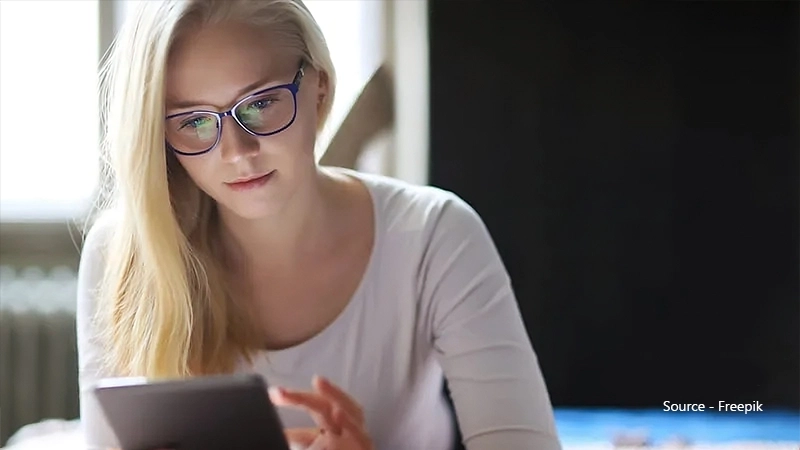
And should you start worrying about the prolonged hours of digital devices use?
The right way of knowing if you are in need of blue light glasses is by visiting an optometrist for a comprehensive eye test. After an eye test, these professionals would accurately inform you about your concerns, symptoms and the solution for improving the health of your eyesight.
Apart from an eye test, you can use other vital signs that indicate the need for blue light glasses.
Read them below -
3 Signs indicating you need blue light glasses
1. 6+ hours of screen time in a day
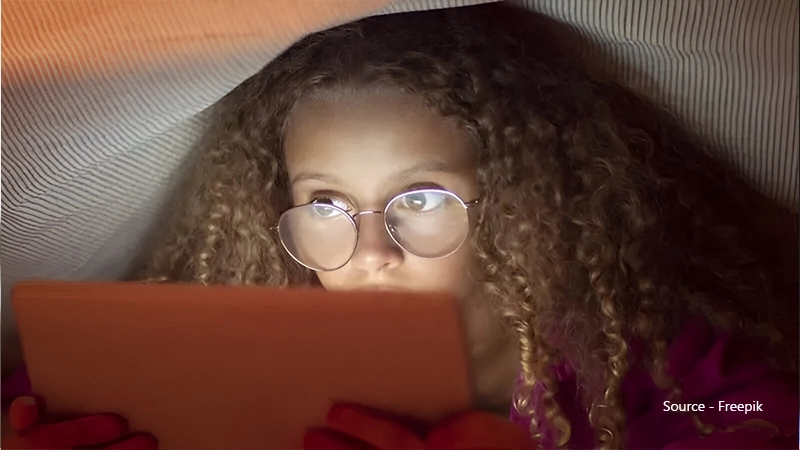
Whether you are an employee or a pro gamer, if a large amount of your time goes into consuming digital media, then it’s safe to assume that you require blue light glasses. Apart from these two professionals, there are many of us whose digital media consumption if summed together adds up to 6+ hours. The amount of time an average person spends on their laptop, and then on a smartphone is about 6 hours. Surprising? We know!
It’s quite concerning how digital media has deeply integrated with our daily lives across all age groups, so much so that blue light has turned out to be a concern for everyone.
According to a report from the Sun, adults in the UK spend 34 years of their lives staring at a screen.
Due to the numerous devices in their home, often adults find it difficult to keep screen time down. It gets even worse when it comes to kids and teens.
Four in 10 parents have shown concern for their kid spending an extreme amount of hours glued to their gaming devices or smartphones. While a fifth of the parents find it difficult to reduce the tract of their kid's screen time.
From kids to youngsters and adults, excessive digital dependency and overexposure to blue light rays is currently the biggest concern right now. In such a distressing environment, blue light glasses turn out to be a big help.
2. Face eye conditions and discomfort
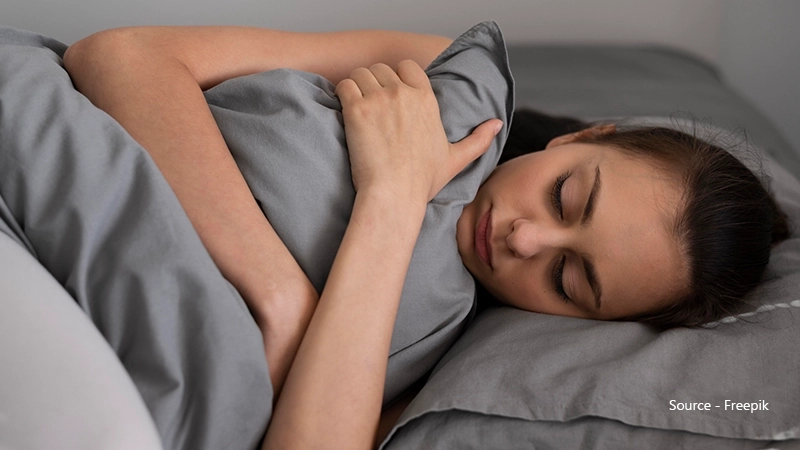
Once your screen time increases, so are the chances of you getting numerous eye conditions and discomfort. Staring at a screen for too long leads to excessive penetration of blue light rays which causes severe eye condition, scientifically known as digital eye strain. Digital eye strain consist of these problems:
- Blurry vision
- Headache
- Blurry vision
- Dry or watery eyes
- Light sensitivity
- Burning sensation
- Difficulty in focusing
- Neck, shoulder & back pain
If you’ve been playing video games for too long, or spend a lot of time on Instagram then you are bound to experience such symptoms. Once these problems continue to happen frequently, then know that you are dealing with digital eye strain.
It usually starts by being a small and irrelevant problem that we often tend to neglect. But with time it only increases pain and discomfort in our eyes.
And then these eye problems continue to go on, to which you develop the risk of permanent vision loss.
In these cases, blue light glasses can significantly help to reduce such symptoms and attribute a comfortable screen time. People also have a misconception about reading glasses to be helpful for computer use. Reading glasses can help with your prescription but blue light lenses are used for protection against the blue light rays.
3. Uneven Sleeping Pattern
According to the research, exposure to blue light before heading to bed can lead to the suppression of the sleep-inducing hormone, melatonin. Which in return, disrupt your normal circadian rhythm and cause sleep and overall mental and physical difficulties.
Whenever you check a last-minute email or scroll through Instagram at night, the blue light rays entering your body convinces your brain to consider the night as daylight.
As a result, your brain under the influence of blue light makes you feel alert, active and awake for a longer time than usual. And you get dragged down in the Youtube rabbit hole or start shopping for things you don’t even need.
Uneven sleeping patterns lead to sleep deprivation and insomnia in many people.
Here are some of the issue you’ll face due to sleep deprivation from blue light exposure -
- Excessive sleepiness
- Easily irritation and annoyance
- Daytime tiredness
- Impulsive behaviour
- Depression
- Digestive problems
- Productivity Loss
- And more
Sleep is extremely essential for living a healthy life. Just when you thought blue light can only bother your eyesight, it proves to be extremely harmful to your overall well-being.
Sleep deprivation caused by anything shouldn’t be ignored as its after-effects are quite worrying. Issues like depression, unproductivity and impulsive behaviour aren’t normal to experience.
Lately, the research from MIT students proved sleep quality to be the biggest factor of people's healthy mental and well-being, followed by a healthy diet and regular exercise. Focus on prioritising your sleep before anything else.
Final Thoughts -
Try working on limiting your screen time by utilising blue light glasses, and steer clear from all sorts of digital devices before heading to bed.
If the temptations are too high, keep your phones in another room and try to maintain healthy habits before sleeping like reading a book, creating a sleeping ambiance by dimming the light.
Learn more about computer glasses for eye protection.
Caution: You may become style obsessed
Your way finder
2000+ Trendy Styles

Fashion Forward Sunnies





















